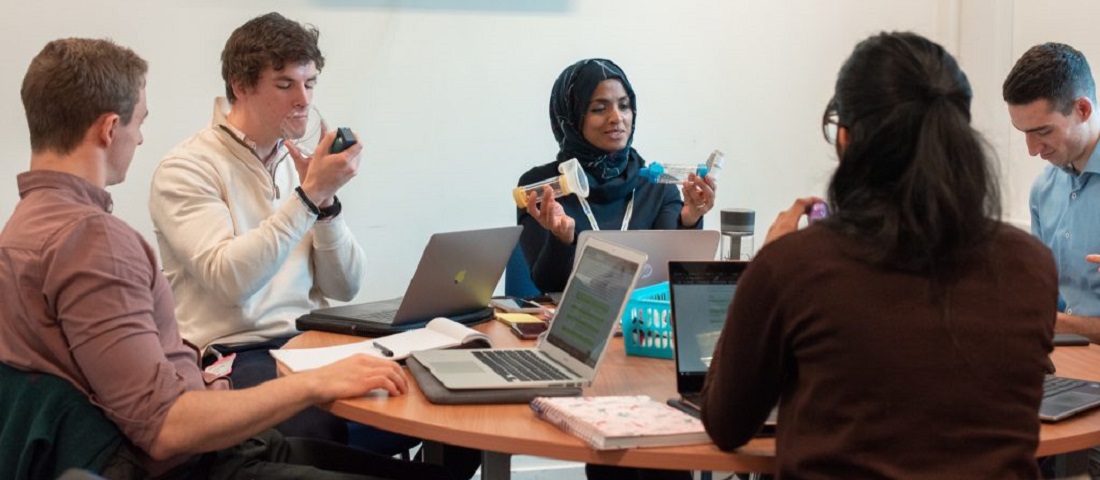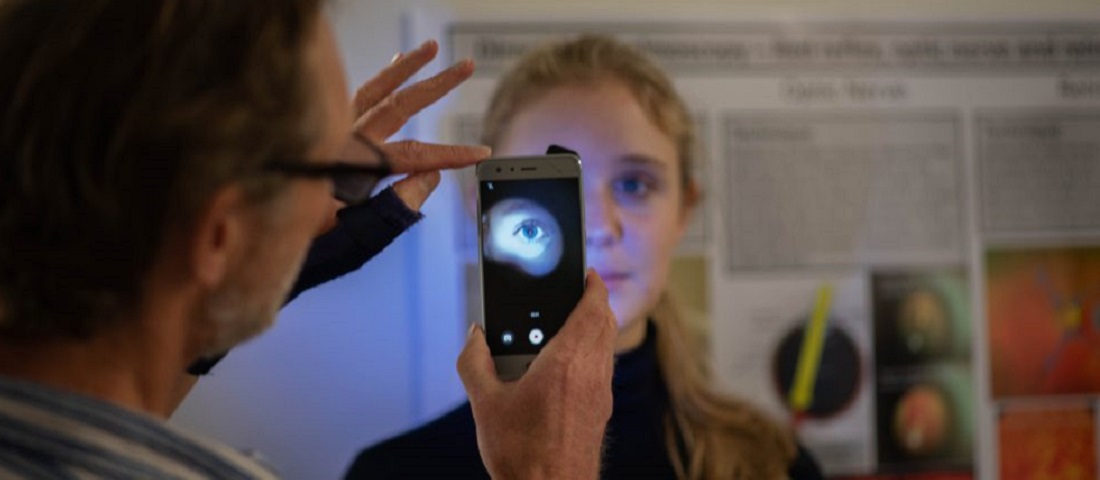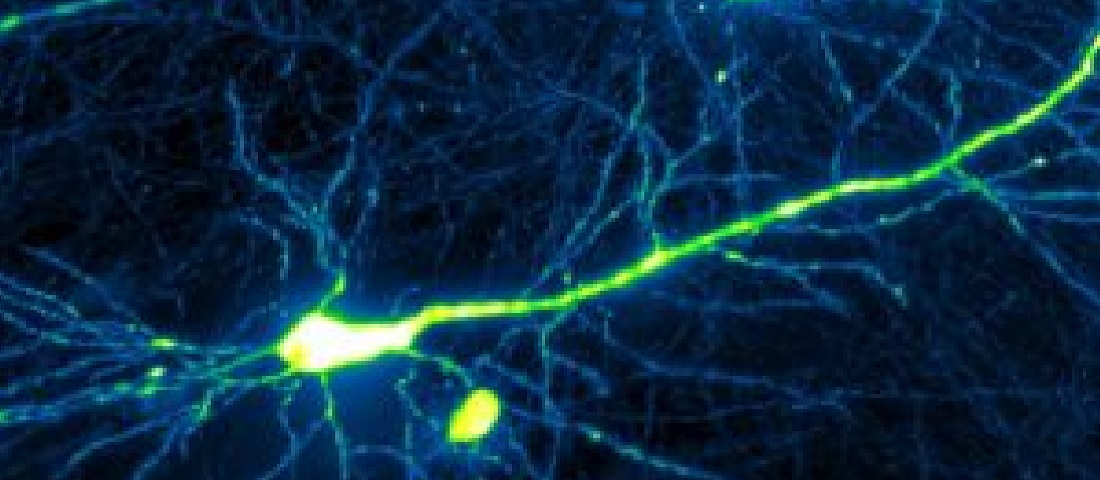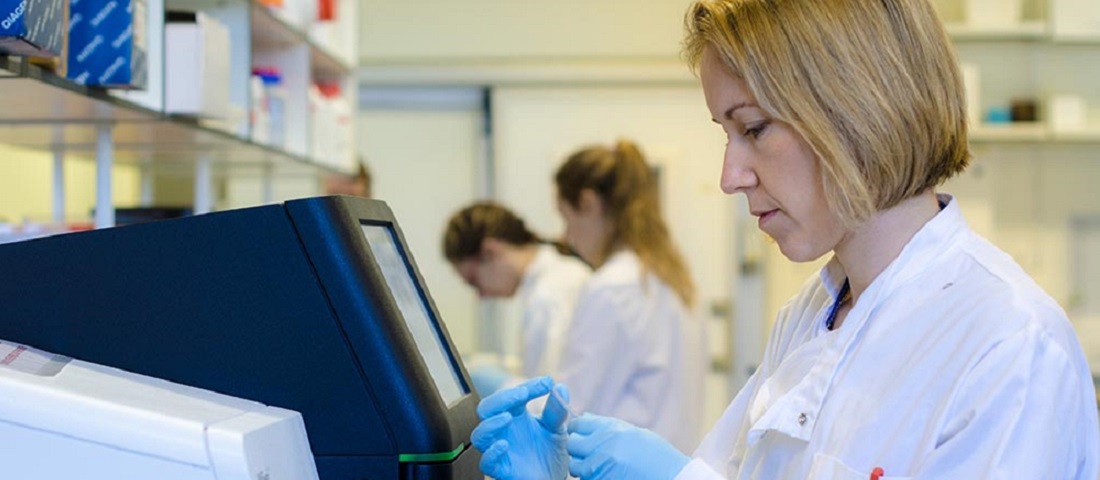EBED 2024
The Mackenzie Institute are delighted to be hosting the inaugural Evidence Based Early Diagnosis (EBED) Conference 2024.
Structure and leadership
Established in 2019, the Sir James Mackenzie Institute for Early Diagnosis is an interdisciplinary research collaboration, capitalising on internationally respected basic and applied research in a range of disciplines. It offers an inspiring and supportive environment committed to fostering ideas, sharing of knowledge and skills around earlier diagnosis of human disease.
The organisational structure of the Mackenzie Institute draws from existing expertise in early diagnosis that is distributed across disciplines, including Biology, Chemistry, Computer Science, Geography & Sustainable Development, Mathematics & Statistics, Medicine, Physics & Astronomy and Psychology & Neuroscience.
Public and Patient Involvement
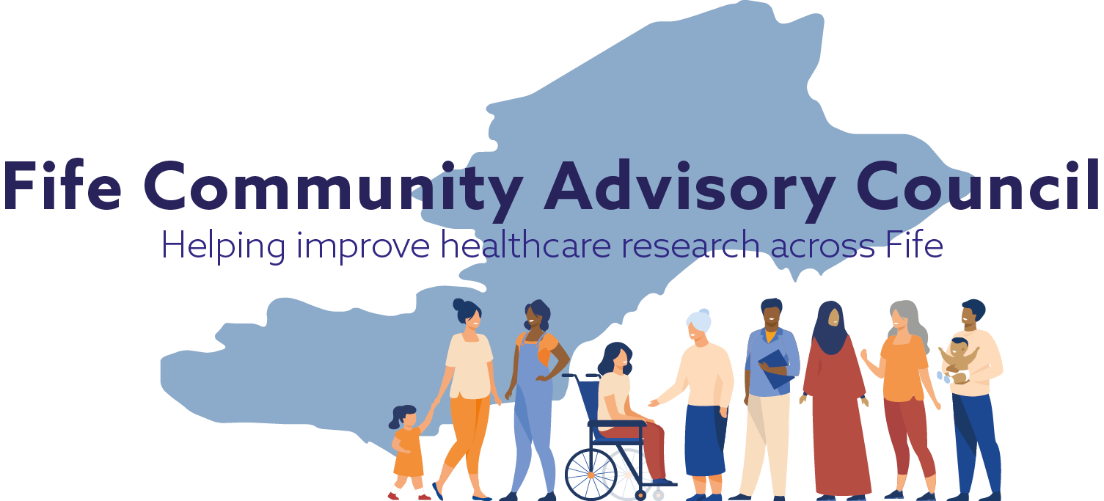
Key features
Based in St Andrews, major strengths of our partnership include being:
- International involving England, the Republic of Ireland, Germany, Canada, United Arab Emirates and the United States.
- Patient-centered: involving members of the wider population as co-applicants and in all aspects of the work, who will represent the interests of our wider Patient and Public Involvement (PPI) Group comprising of 20 people with a range of health conditions and family members, including males/females, parents of young children, adolescents, adults, older people, in a wide range of geographical locations.
- Multi-disciplinary: involving qualitative and quantitative researchers specialising in, among other areas, behavioural sciences, physiology, health services research, clinical trials, health economics, implementation research and dissemination.
- NHS-focused: developed in conjunction Scottish, UK and local NHS providers; these relationships will be leveraged to inform, shape and support the implementation of research we undertake.
- Institutionally supported: with substantial institutional buy-in from our University, NHS partners, and government and commercial bodies.
Aims
- To re-establish an internationally leading centre of excellence in the early diagnosis of human disease.
- To offer a vibrant research environment where scientists, clinicians and students can collaborate to advance earlier diagnosis of human disease.
Objectives
To develop, test and implement research programmes which have the capacity to achieve substantial improvements to early diagnosis in four clinical areas of Infection, Cancer, Cardiovascular Disease and Mental Health. Four important cross-cutting platform areas have been identified that have the capacity to achieve substantial improvements to these clinical areas.

